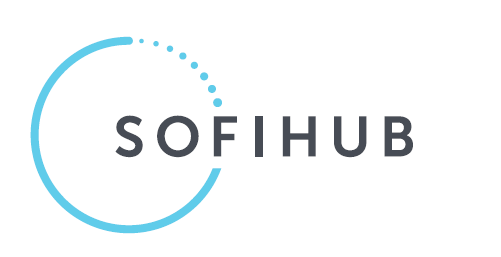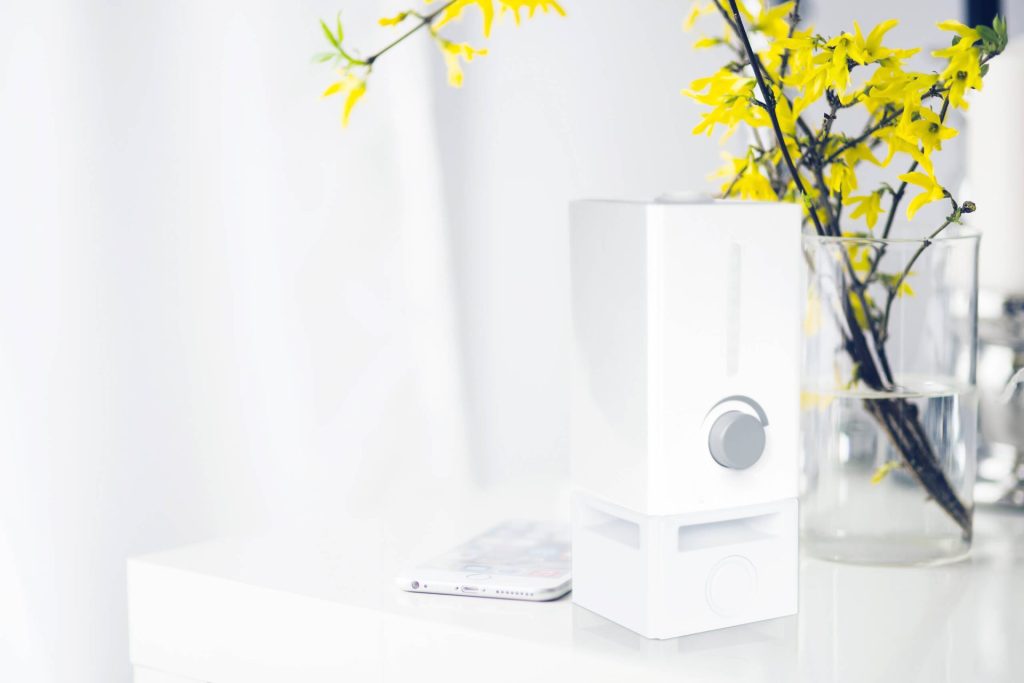Home Monitoring Systems For Alzheimer’s And Dementia Patients
Technology has the potential to greatly improve the quality of life for Alzheimer’s and dementia patients by providing new ways to manage the symptoms and consequences of these conditions.
There are 4 main areas where smart technology can help with these conditions:
- Memory aids: There are devices and apps that can help people with dementia remember important information, such as appointments, medications, and personal contacts. Some devices can also provide reminders and prompts to help with everyday tasks.
- Communication tools: Communication can be a challenge for people with Alzheimer’s and dementia, but technology can help to bridge that gap. There are special devices that can simplify phone and video calls, and there are also apps that can help people with communication difficulties express their needs and feelings.
- Stimulating activities: Technology can also provide engaging and stimulating activities that can improve mood and cognitive function. For example, there are video games and apps designed specifically for people with dementia that can help maintain cognitive skills, provide entertainment, and even help manage anxiety and depression.
- Safety monitoring: Technology can also help keep people with Alzheimer’s and dementia safe. There are wearable devices that can track a person’s location and send alerts if they wander away from home or fall over. There are also sensors that can monitor activity levels within the home and alert caregivers if there are any changes.
How Can Home Monitoring Systems Help Dementia and Alzheimer Patients?
Some smart home monitoring systems have been specifically designed to help families care for loved ones with Alzheimer’s or dementia. These systems can use sensors, cameras, and other technology to track the behaviour and movements of patients and provide alerts to family members or caretakers if there are any changes or irregularities that might indicate a problem.
For Alzheimer’s and dementia patients, smart home monitoring systems can help with safety, security, and peace of mind. Some common features include:
- Door and window sensors: These sensors can detect when a patient leaves the house, and alert caretakers if they wander outside.
- Motion sensors: These sensors can track the patient’s movements around the house and provide information on their daily routines and habits.
- Medication reminders: Some smart home monitoring systems can remind patients to take their medication.
- Falls detection: If a patient falls, the smart home monitoring system can alert caretakers, who can then check on them and provide assistance if needed.
- GPS tracking: Some systems include GPS tracking devices, which can be worn by the patient and allow carerss to monitor their location and movements outside the home.
SOFIHUB’s eco system of home monitoring solutions
The TEQ-Home is one such safety monitoring system which incorporates many of the technologies outlined above, in one device. Using motions sensors powered by AI, it learns routines and activity within the home and alerts carers to any changes. It also features voice messages which can remind patients to take their medication. The personalised text to voice messages can also remind the patient of appointments, activities and more. In addition, the hands-free voice calls is a useful feature for anyone who finds using a mobile phone challenging.
To learn more about SOFIHUB’s home monitoring systems, contact us 1300 110 366.

